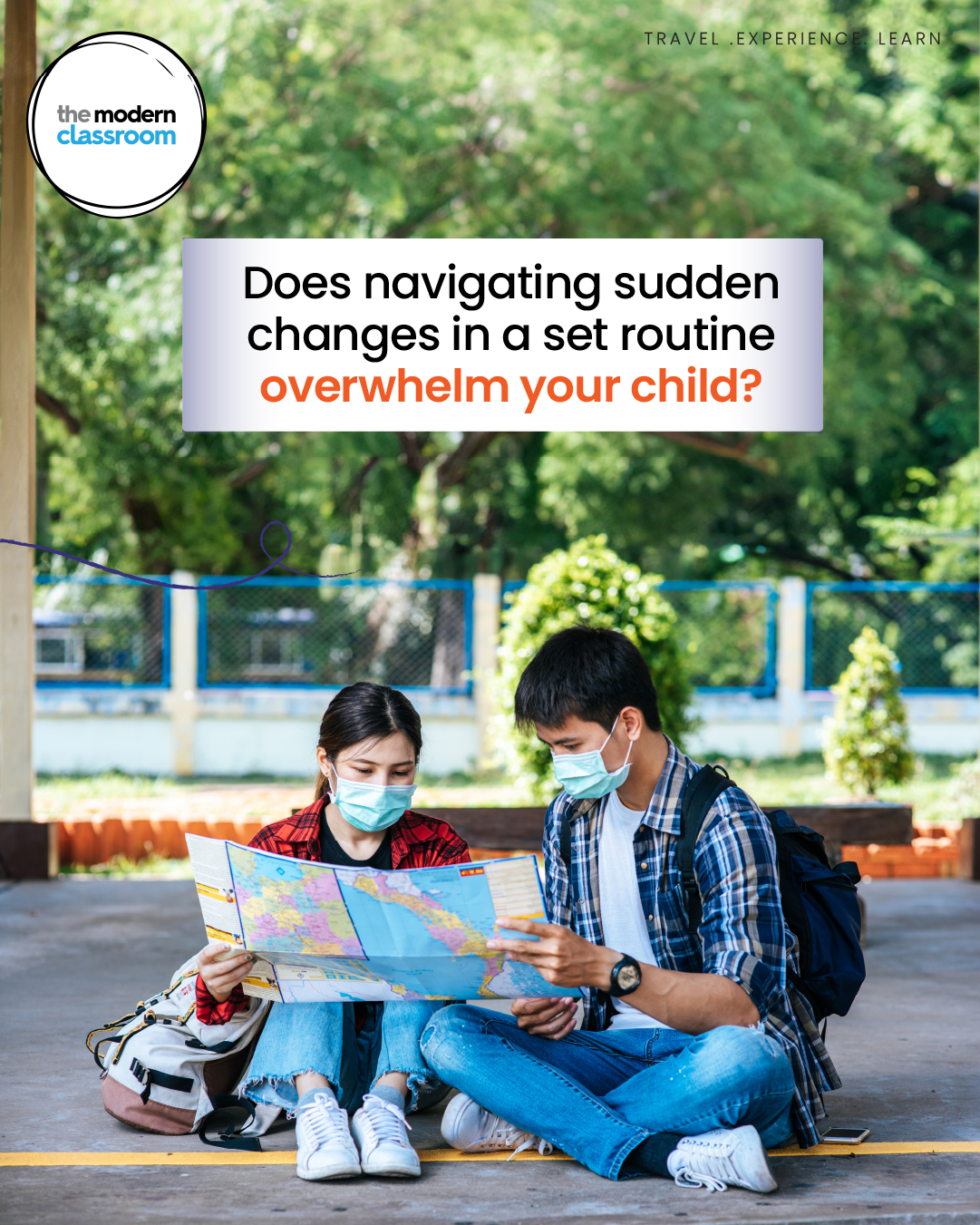Education encapsulates more than sitting in a classroom, reading books and taking notes. The most effective means of developing effective leadership and teamwork skills among students is by taking them on educational tours. Such tours offer an opportunity for experiential learning, allowing students to master necessary life skills involving communication, problem-solving, decision-making, and teamwork activities. Educational tours help nurture the future leaders and team players of our society by visiting important places like historic sites and scientific research centres and even participating in adventure-based activities.
Advantages of Educational Tours in Leadership and Teamwork Development
Improving Decision-Making Ability
One critical aspect of leadership is making decisions within a very restrained time frame. Educational tours give real life situations to students that compel them to think and make suitable decisions. As an example, when students undertake a city tour, they have to find a way to get from one point to another or else they work collaboratively to complete a group project. In both cases, they have to consider the best possible courses of actions or decisions.
Promoting Collaboration and Producing Teamwork
In every context, collaboration is vital. During educational tours, students have to undertake various activities, which means they have to actively work together to overcome challenges, divide work, and assist each other. This fosters student collaboration capacity, listening, focusing on different concepts, and establishing goals. They can further master these skills when they participate in group discussions, scavenger hunts, team-building activities and more.
Enhancing One's Communication Skills
Improving communication skills is critical for effective leadership development. Educational tours give students the opportunity to engage with pupils, mentors, and professionals from different fields. During question and answer sessions at museums, industrial visit presentations, and team-building negotiations, students improve both their verbal and non-verbal communication techniques.
Improving Problem-Solving Skills
Every educational tour has challenges. Whether it is managing travel delays, time management, or working under certain constraints, students learn to be self-reliant and become problem solvers. These skills enable students to confront real challenges with a higher degree of confidence.
Developing a Sense of Responsibility and Ownership
Students on an educational tour must plan their time, look after personal belongings, and complete their responsibilities within a given time frame. This requires them to take responsibility and ownership. This encourages students to become more dependable as they learn that their behaviour affects the overall performance of the group.
Types of Educational Tours Aimed at Fostering Leadership and Team Building
Cultural and Historical Tours
Cultural and historic experiential learning tours help students to visit the well known historical and cultural places so they can understand them. These tours are important to enhance international appreciation and cultural understanding. Past events and leaders together with group discussions foster teamwork and collaboration.
Visits to Corporations and Industries
Students learn how a business is organized, what its goals are, and how people work together to make things happen in different fields during corporate visits. These tours help students understand the different aspects of management, including working relations and the intricacies of teamwork within an organization.
Educational Visits in Science and Technology
Science-centric tours such as to science centers, space research centers, and technology learning centers encourage students to cultivate creativity and innovation while providing a solution to a problem. Students learn leadership skills and teamwork skills as they accomplish a collaborative project or take part in a group-based experiment.
Voluntary Community Outreach Initiatives and Tours
School trip benefits are many. It fosters social responsibility as the senior students help the younger students understand the role they can have towards society. These tours enable them to actively participate without being passive observers, thus developing empathy, duty, and social responsibility.
Conclusion
These educational tours serve more than being a break from the traditional classroom lectures. They instill leadership and teamwork abilities in pupils. Students are provided with a versatile approach to education that enables them to build confidence, grit, and strong collaborative skills. Such tours should be considered by heads of schools and institutions for incorporation into existing programs to enhance future readiness in students.
Looking for an educational travel company? Contact The Modern Classroom now.





Comments